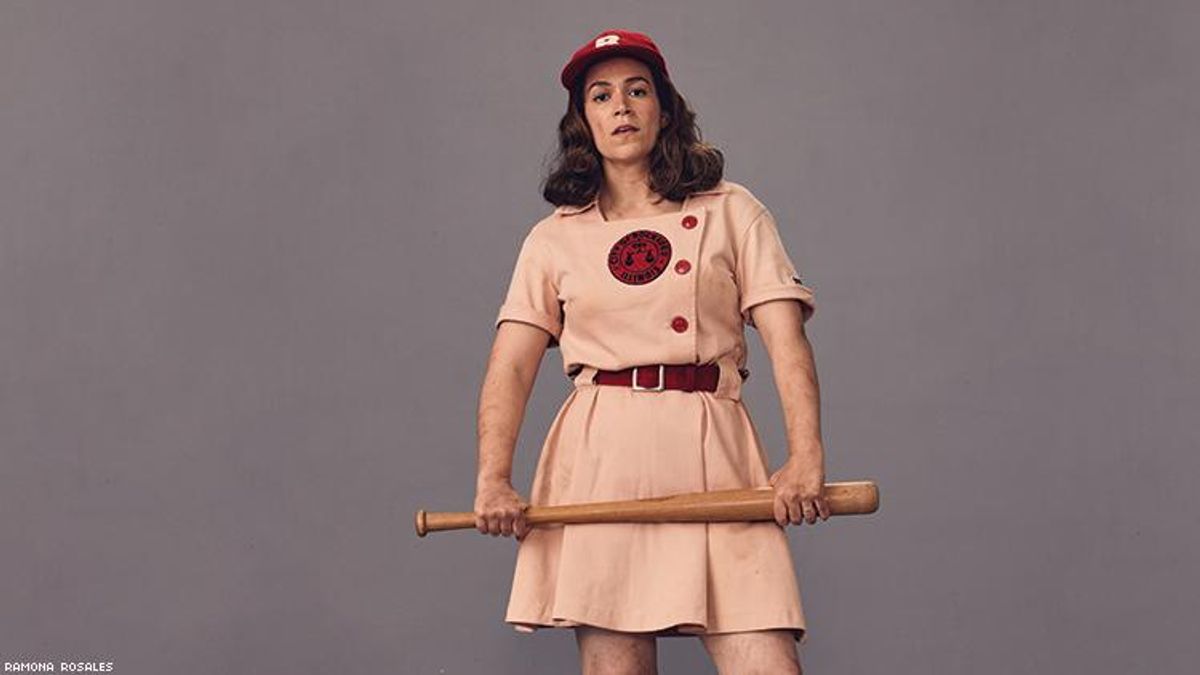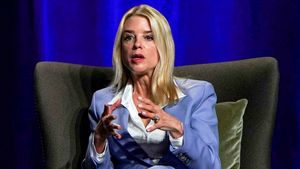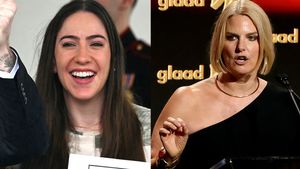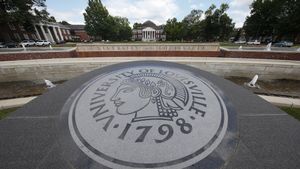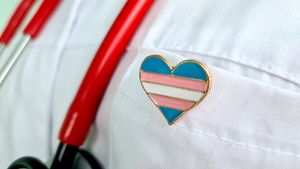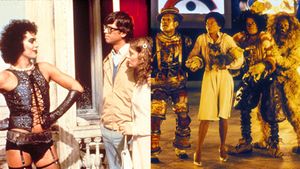Buy some peanuts and Cracker Jack, because once you start watching A League of Their Own, the new historical drama series from Abbi Jacobson and Will Graham, you'll never want to come back.
The Amazon Studios show is based on the beloved 1992 Penny Marshall film of the same title, which starred Geena Davis, Lori Petty, Rosie O'Donnell, and Madonna as players in the All-American Girls Professional Baseball League, which existed from 1943 to 1954. The new A League of Their Own boasts a more diverse roster. Instead of the all-white Rockford Peaches seen in the movie, Jacobson and Graham made sure to create a show that celebrates all types of women.
"One of the goals of the show was to really open up the lens from the inspiration of the movie and showcase the whole generation of women who wanted to play baseball," Jacobson says. "And so the film showcases a couple of them, a couple of the white women who were great at baseball, but we really wanted to show a lot of the stories that weren't told in the film. And that meant really showing a lot of different kinds of women who play baseball. And there are women who don't play baseball on the show too, and they're some of my favorite characters."
These characters include fat women, thin women, Black women, Jewish women, Latinx women, butches, housewives, lesbians, and more. And all of them are celebrated. All of them are lifted up for their differences.
Baseball is the commonality that draws all these women together; the sport is what helps them find their community in a time when women were only allowed to look and act in one way. In this era, homosexuality was illegal. And as public figures, these ballplayers had to look and act like the "right" type of women while still managing to hit home runs.
We see this journey through the eyes of Carson Shaw, the awkward yet highly intelligent and talented catcher played by Jacobson, an out multihyphenate known for co-creating and costarring in Broad City. Shaw is one of the few married women on the team, with her husband off fighting World War II overseas. But when she joins the Peaches, she finds where she really belongs.
"I think Carson's whole experience, she's following her passion and sort of this desire to see more of the world and more of what life could be," Jacobson says. "She thinks it might be only baseball. And then when she gets to this league, I think she's broken open a little when she meets Greta."
Greta, played by series standout D'Arcy Carden (The Good Place), is one of Shaw's teammates with a wicked grin and lots of talent both on the field and off. Immediately, she clocks Shaw as someone special, and they begin a flirtation. The chemistry between the two women is absolutely off the charts, which comes in large part from the fact that Carden and Jacobson have been friends for 15 years.
In prepping for the show, Jacobson and Graham spent a lot of time talking to historians and actual players from the league, including nonagenarian Maybelle Blair, who came out publicly as a lesbian at the Tribeca Festival premiere of the series. At the panel, Blair recounted that before she joined the league, she thought she was the only woman who liked other women. Then she found her community.
"I think every queer character on the Peaches sort of finds their community on that team," Jacobson says. "How Maybelle talked about feeling when she found that league and that time in her life where she found like-minded people and felt less alone -- I think all those characters really felt that."
While there's a lot of period-accurate homophobia, the show never shies away from showing the joy and abundance that comes from finding your tribe and being able to be your true self, which resonates with modern-day viewers.
"The thing we wanted to pull most from the film is the spirit and the joy that's within the characters," Jacobson says. "And I think their joy comes from women finally getting to play professional baseball, which unfortunately does not exist right now. But the joy that we were looking to dive into was the joy of finding your queer community and finding that love in a moment where, again, it was not publicly allowed."
"We wish [the show] wasn't so relevant right now," Jacobson says. "We wish it was a historical depiction of what happens when you're not allowed to marry. What does that look like? And now, at a time where the Supreme Court is threatening to take that away again, it feels more important, now [more] than even we thought it was."
This article is part of Out's September/October 2022 issue, now on newsstands. Support queer media and subscribe -- or download the issue through Amazon, Kindle, Nook, or Apple News.
RELATED | Watch the Fun, Sexy, Sporty Full Trailer For A League of Their Own
